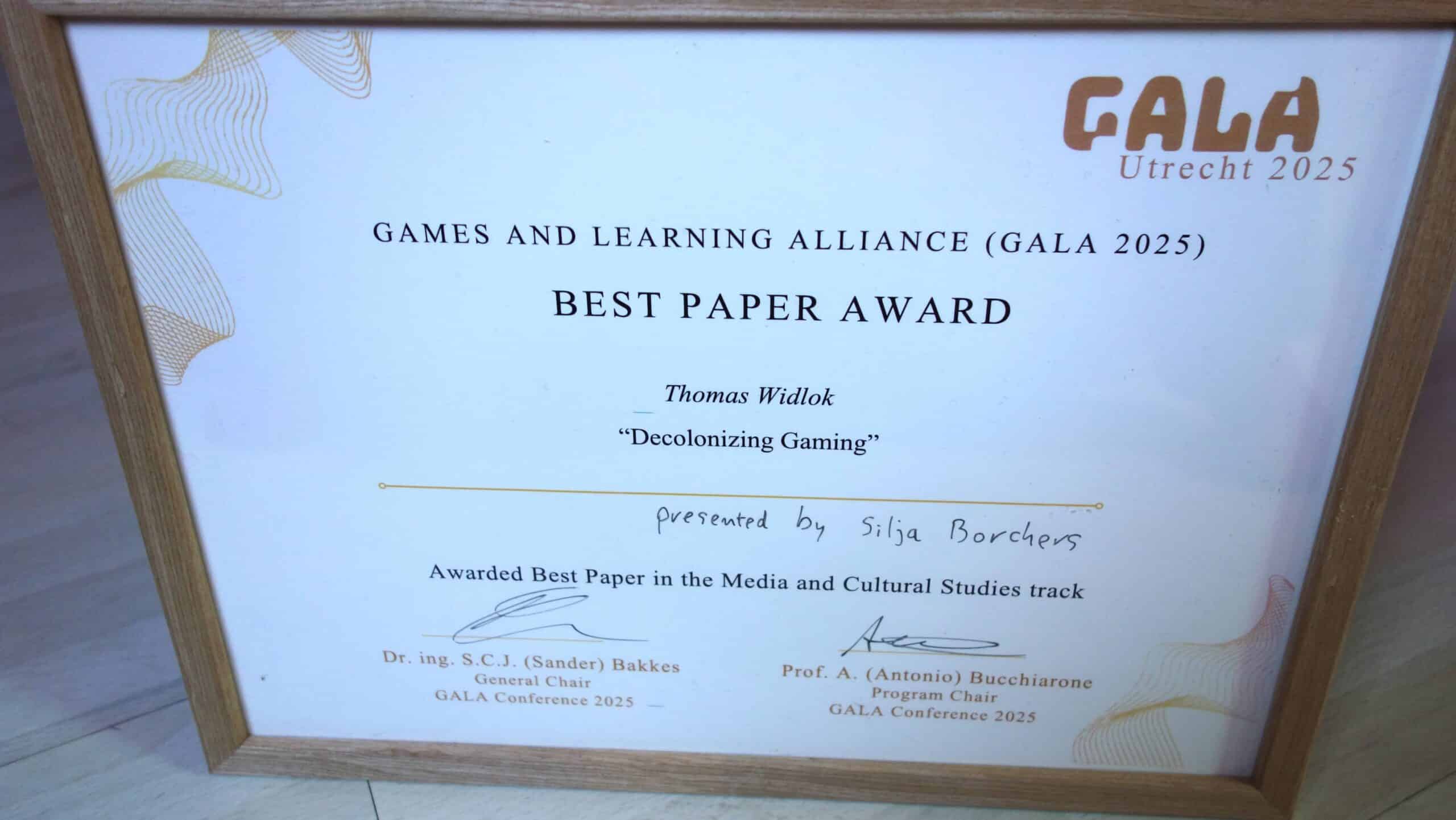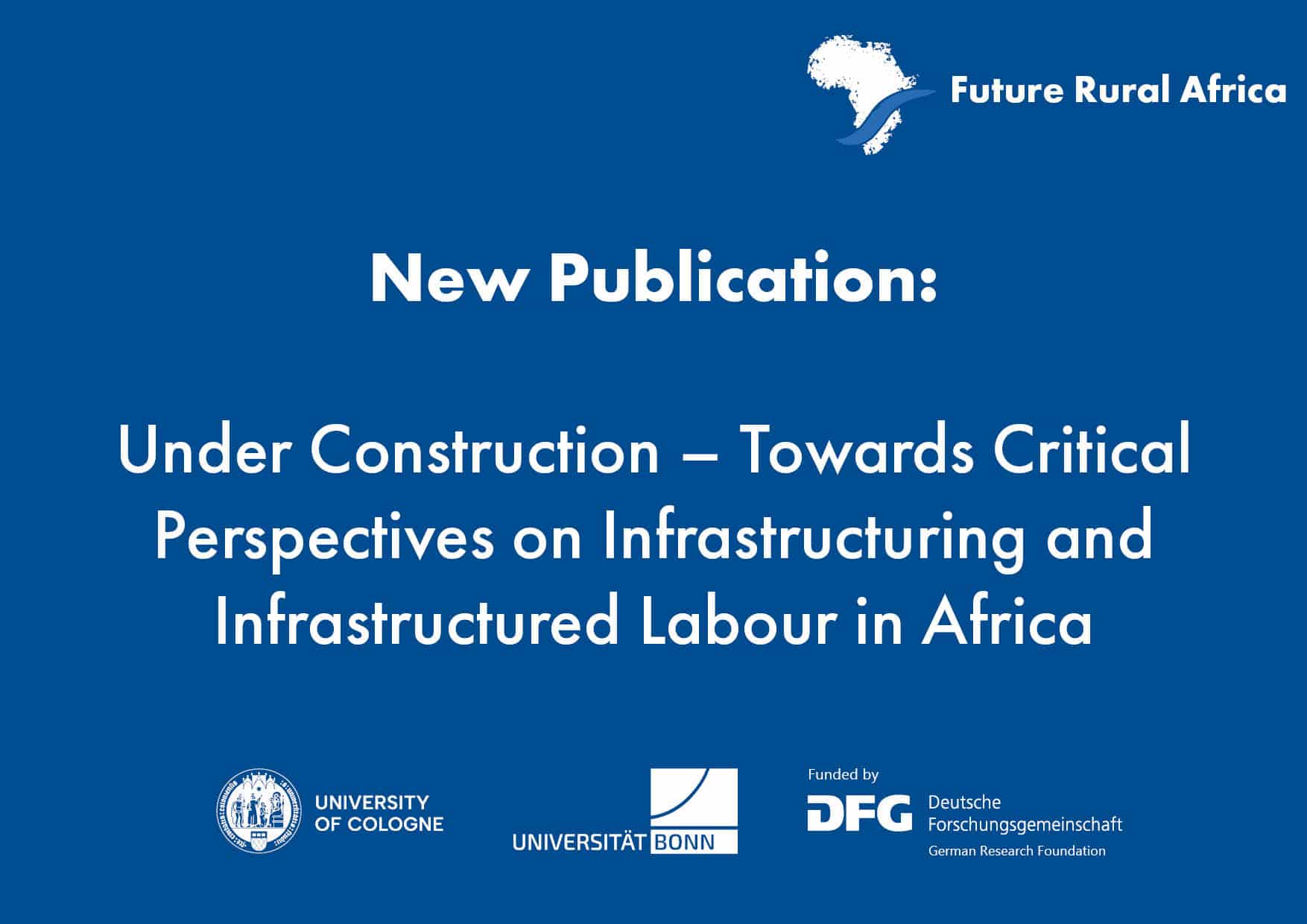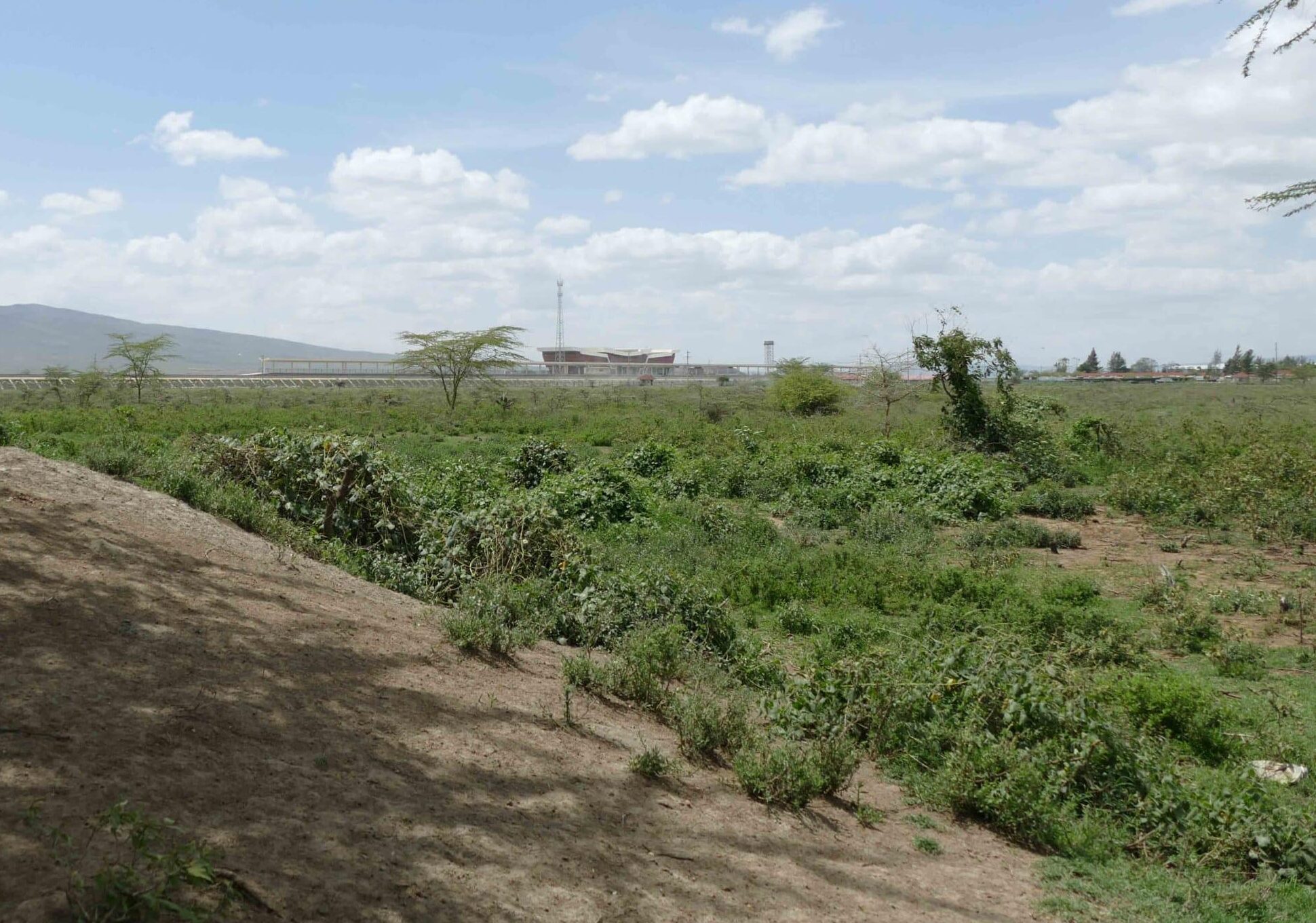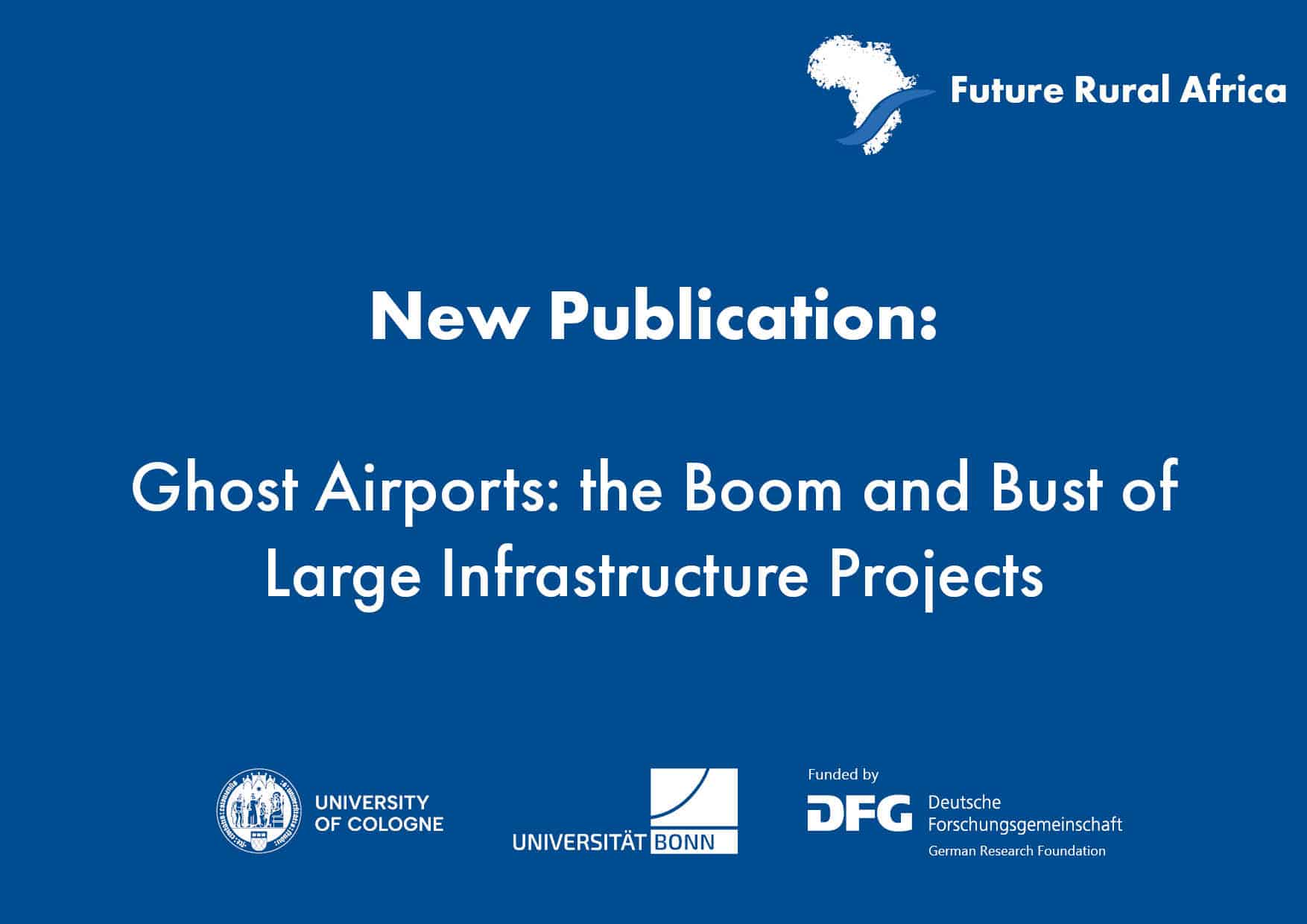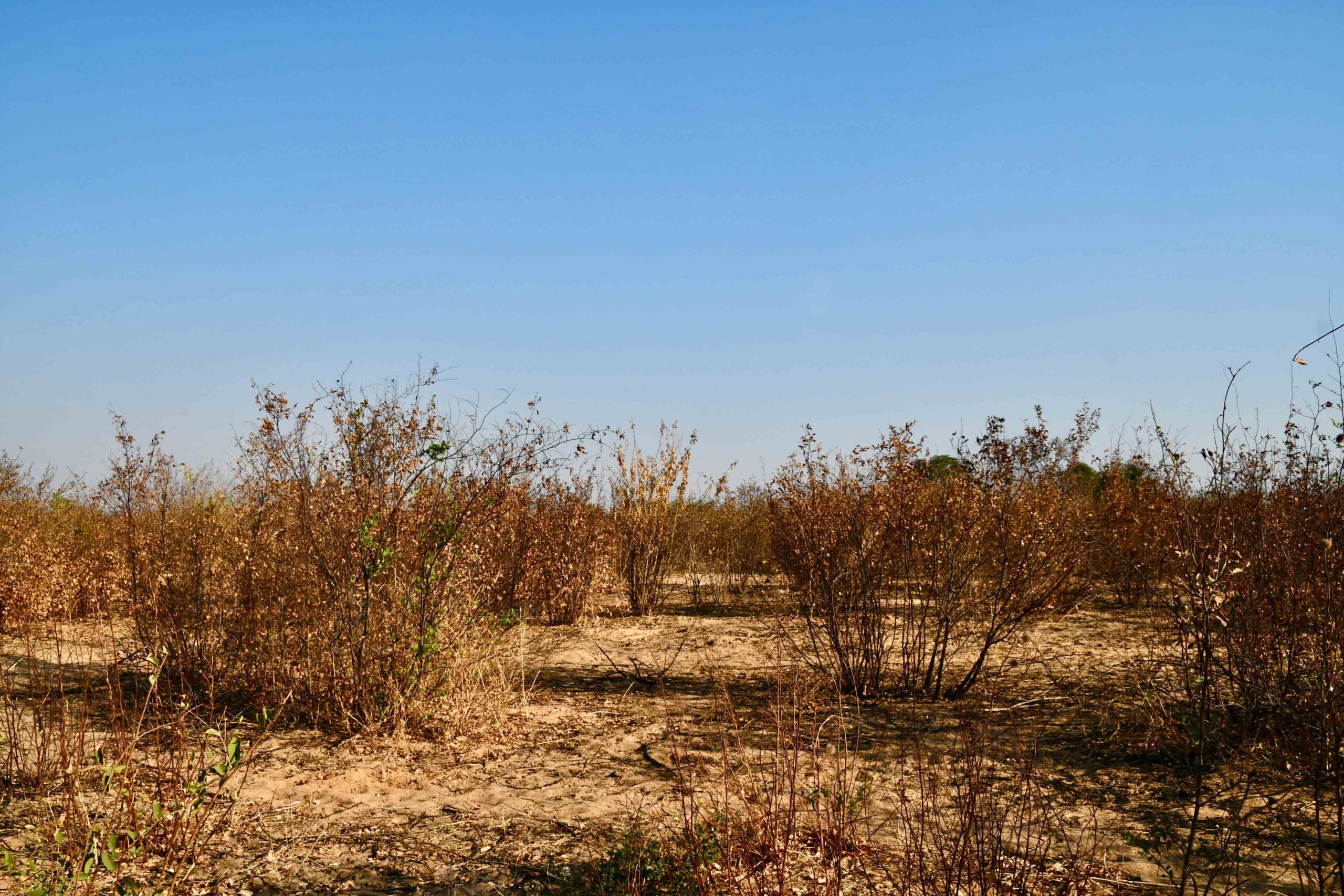Carolina Kiesel and Peter Dannenberg (Project C01 “Future in Chains”) analyse how different state strategies for developing Special Economic Zones (SEZs) shape labour outcomes. Comparing one Ethiopian and one Zambian SEZ, they show that promoting low-wage suppliers leads to poor labor conditions, while attracting skill-intensive lead firms fosters better labor standards and worker agency.
Facilitative strategies of special economic zones in Zambia and Ethiopia: impacts on labour
By Carolina Kiesel and Peter Dannenberg (Project C01 “Future in Chains”).
Abstract
Special economic zones (SEZs) are spatial instruments for economic development. Through facilitative governance, states strategically shape SEZs. However, facilitative SEZ strategies beyond fiscal and infrastructural incentives and their labour outcomes have rarely been analysed. Therefore, this article examines how general and specific SEZ strategies influence labour outcomes. The analysis of one Ethiopian and one Zambian SEZ shows how labour is differently promoted to investors, and the choice of particular value chain actors as investors affect labour conditions and agency. The promotion of low-wage labour by the Ethiopian SEZ to attract captive suppliers leads to problematic labour outcomes, while the promotion of a skill-intensive Zambian SEZ to lead firm investors results in acceptable labour conditions and agency. Our study identifies general and specific public SEZ strategies, respective firm strategies and the integration in value chains as crucial influencing factors how facilitative governance can actively shape labour outcomes in SEZs.
Reference
Kiesel, C., Dannenberg, P. 2025. Facilitative strategies of special economic zones in Zambia and Ethiopia: impacts on labour. Area Development and Policy, 1–16. DOI


